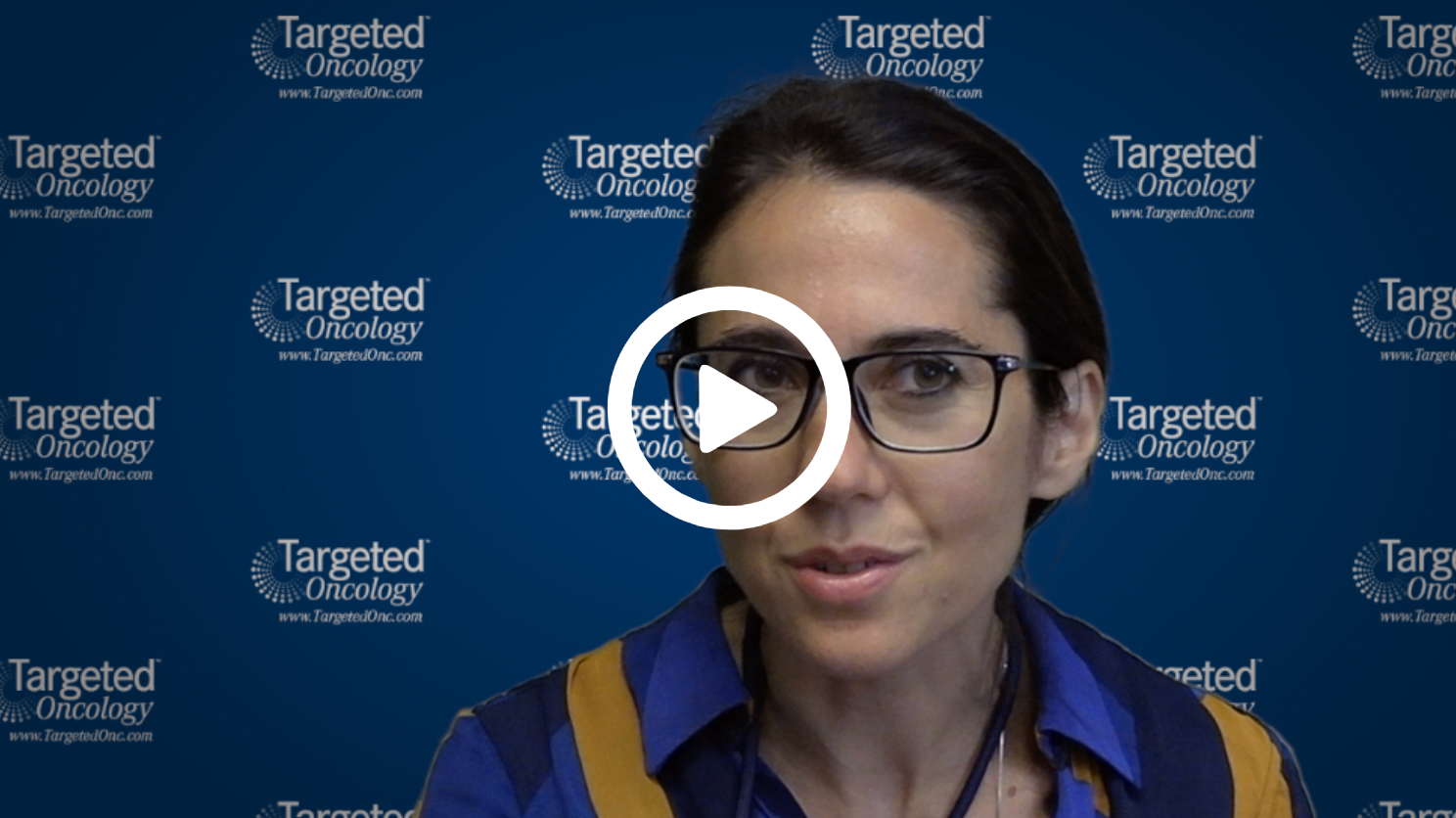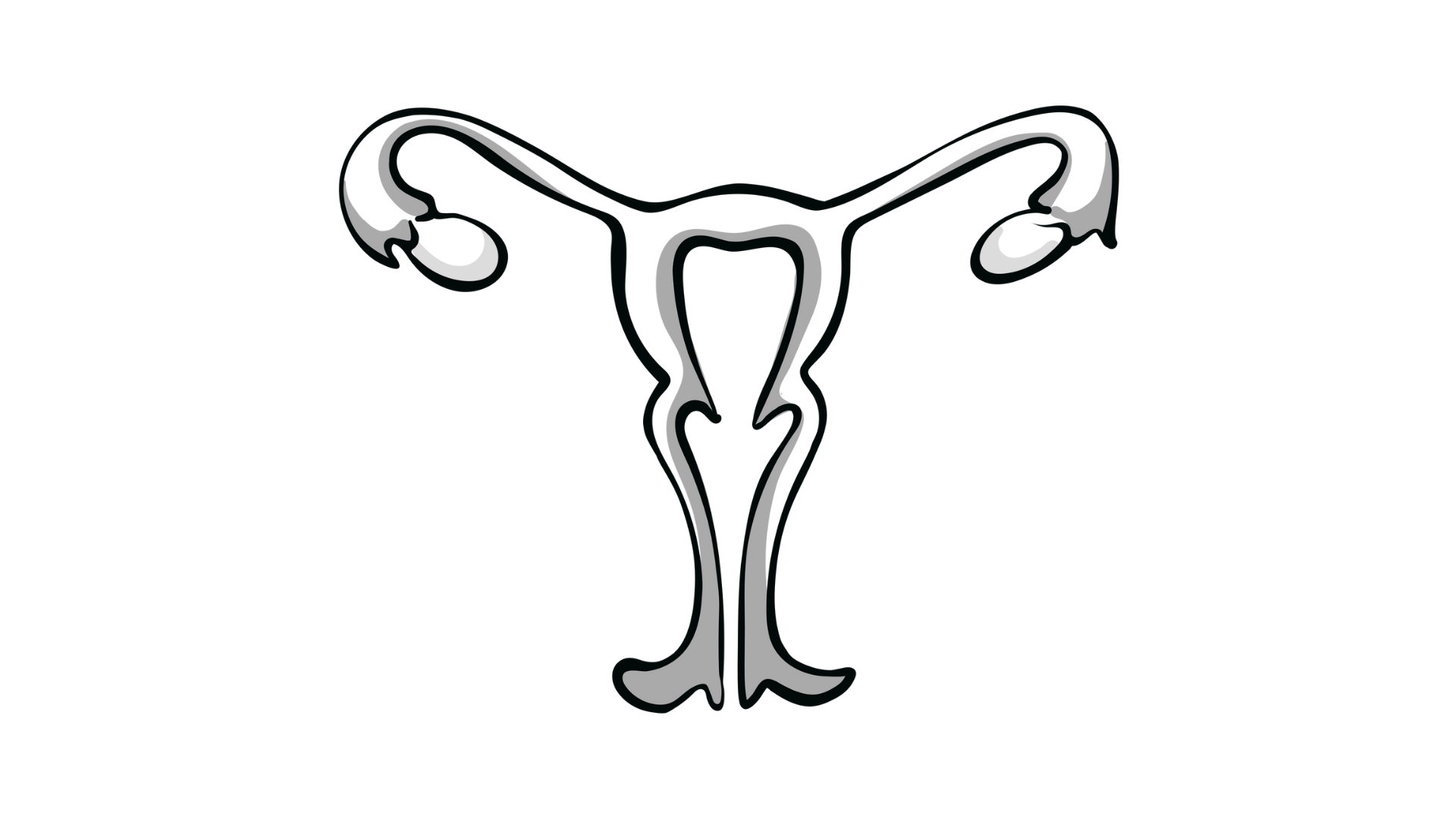Frontline Maintenance With Gemogenovatucel-T Signals Activity in Homologous Recombination Proficient Advanced Ovarian Cancer
In an interview with Targeted Oncology, Rodney P. Rocconi, MD, FACOG, discussed the analysis of the homologous recombination proficient patients with advanced-stage ovarian cancer treated in the phase 2 VITAL study as well as a biomarker analysis.
Rodney P. Rocconi, MD, FACOG

The use of gemogenovatucel-T (Vigil) as frontline maintenance in stage III/IV ovarian cancer has shown clinical benefit in patients who are positive for a BRCA mutation, and now clinical benefit has been demonstrated in those with homologous recombination proficient tumors, according to a post hoc analysis of the phase 2 VITAL clinical trial (NCT02346747).
The post hoc analysis aimed to understand the efficacy and safety of upfront maintenance with gemogenovatucel-T in this subpopulation and to pinpoint another molecular subgroup sensitive to therapy.
A total of 45 patients with homologous recombination proficiency were evaluated in the analysis, and compared with placebo, both recurrence-free survival and overall survival were improved with experimental treatment.
In an interview with Targeted Oncology™, Rodney P. Rocconi, MD, FACOG, a gynecologic oncologist, associate director for Clinical Research, and professor of Interdisciplinary Clinical Oncology at USA Health, discussed the analysis of the homologous recombination proficient patients with advanced-stage ovarian cancer treated in the phase 2 VITAL study as well as a biomarker analysis.
TARGETED ONCOLOGY™: What were the primary results of the VITAL study?
Rocconi: In the original publication, the primary end point, which was recurrent-free survival in all patients, showed a trend of benefit of recurrent free survival, but was not statistically significant with a P value of 0.078. As planned in part of this presentation of this abstract, we looked at homologous recombination proficiency as it appeared to have an enhanced response as well as a very tolerable agent as well.
Can you describe the design of the study?
The VITAL study is a double blinded, placebo controlled randomized phase 2b study of gemogenovatucel-T, or GEM, versus placebo in a 1:1 fashion. In order to be eligible patients had to have advanced-stage epithelial ovarian cancer, either stage III or IV, and have undergone primary therapy of surgery plus taxane platinum-based chemotherapy and reach a complete clinical response. At that point, patients were then randomized 1:1, the vaccine and placebo was given intradermally once a month from anywhere between 4 and 12 cycles, which was determined by the amount of active vaccine that was created. Again, our primary end point was recurrence-free survival and secondary end points were overall survival with subgroup analyses based on BRCA mutations as well as homologous recombination status.
What did you find in the post hoc analysis of patients with homologous recombination proficient disease?
In this updated data we, from the homologous recombination proficient patients, there were 25 patients who received the GEM vaccine and 20 placebo. Groups were similar across demographic and pathologic variables. This was a well-tolerated agent where essentially there were no grade 3 or grade 4 adverse events, and the majority of adverse events were mild with skin irritation at the injection site being the most common adverse event. Those cases were equal between the placebo and GEM groups.
From an efficacy standpoint, we saw very encouraging results with statistical improvement in both recurrence-free survival benefit from 5.7 up to 10.6 months that correlated to a 61% reduction of recurrence, as well as an improvement in the overall survival benefit from 26.9 months in placebo to median not reached in the GEM arm. And that was a 66% reduction in death. Looking at our long- term data, which is a median of 58 months of follow up, which was analyzed up until April of 2021, that overall survival benefit was maintained. Two-year overall survival was 92% in the GEM arm, compared with 55% with placebo. The 3 -year overall survival was 70% in the GEM arm compared with 40% in the placebo arm. Both of those results were statistically significant.
Some of the translational end points we looked at were gene protein and protein interactions using a large database to string database. By analyzing that, based on the computational analysis of related proteins, looking for kind of a molecular subgroup of patients that predicted the best response, the homologous recombination proficient set of proteins with p53 gave the most favorable outcomes. The recurrence-free survival was 5.6 months in the placebo compared to 21 months in the GEM group.
What is your key takeaway from these results?
The results were promising not only from our extended follow up with immediate follow up again over 58 months, but in our translational end points as well, considering that we are trying to home in on predictive biomarkers that could be of use in the future.
What are the next steps with this research?
We're currently working with the GOG foundation for a large phase 3 trial. Again, these are very encouraging results in a population of patients that we really consider an unmet need. In ovarian cancer that homologous recombination proficient, we've long known that those patients have not had the same type of responses. There's been a disparity in the survival where homologous recombination deficient tumors did much better for reasons that I think we all understand. Moving forward with this study is a large phase 3, international study that we plan with the GOG foundation can really confirm this and hopefully provide therapy of unmet need for patients who needed the most.
Reference:
Rocconi RP, Ghamande SA, Barve MA, et al. Maintenance vigil immunotherapy in newly diagnosed advanced ovarian cancer: Efficacy assessment of homologous recombination proficient (HRP) patients in the phase IIb VITAL trial. J Clin Oncol. 2021;39 (suppl 15):5502. doi: 10.1200/JCO.2021.39.15_suppl.5502










